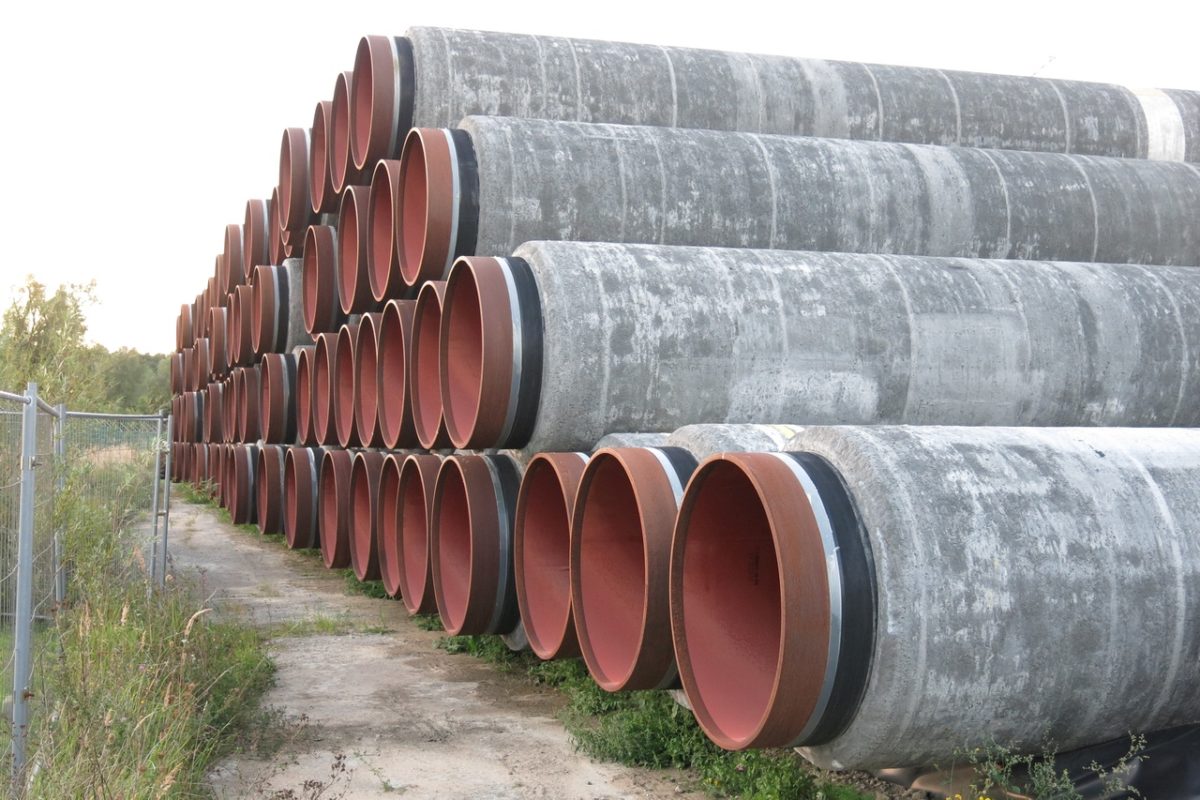Rising electricity and gas prices are currently putting the global economy under heavy pressure and also highlighting the world's dependence on fossil fuels, particularly gas, at a time when energy demand is growing significantly and supply is becoming scarce. According to several analysts, this crisis may represent a unique opportunity for renewable energy sources and green hydrogen, as soaring prices make them much more competitive.
Indra Overland, head of the Center for Energy Research at the Norwegian Institute for International Affairs, pointed out, however, that the crisis may not necessarily become a real opportunity for the renewable energy industry. “Those who claim that this is an opportunity for renewables are experts taking a rational approach and long-term perspective,” he told pv magazine. “A rational consumer may take it as an impulse to install solar panels on their house. However, politics and popular perceptions are also very important and not always rational. I think the high prices are more of a threat than an opportunity for renewables and it will be important to keep a cap on prices to avoid long-term political damage.”
It is difficult to say what the overall impact on the world economy will be, though high costs and instability are rarely beneficial for economic growth, the geopolitics expert said. “Some people will incur very high energy costs, while others will earn a lot. If things get really bad, one solution would be to open the Nord Stream gas pipeline for full usage and another possibility is a drop in support for decarbonization and the popularity of green parties in Europe.”
Several factors may contribute to bringing prices back down again, such as a mild autumn and winter, windier and sunnier weather in Northern Europe, more rain in major hydropower countries such as Norway, Sweden and Switzerland, and the Nord Stream gas pipeline coming into full service. “More interconnectors should have been built,” he stressed. “Phasing out German nuclear power at the planned rate is a folly and old gas and coal power plants should be kept in reserve for situations like this until the renewable energy system and storage are more developed.”
The current crisis, in his view, has shown that Europe is still very dependent on gas, and increasingly dependent on Russian gas. “In the long term, this is probably not a good thing for Russian gas, which would probably be better off flying below the radar,” he further explained. “At a superficial level, the crisis indicates that it was a good idea to build the Nord Stream pipeline. In a sense, the Russians can say that they have been anticipating and saying this out aloud all along: Europe needs Russian gas.”
Major Northern European countries that are heavily dependent on renewables and or energy imports may be affected most, Overland added. If it turns into a quarrel between Russia and the EU or Ukraine, Ukraine and Central European countries could suffer. Tensions could increase between Russia and its various gas customers, between green and fossil forces in the EU, between Central and Northern European countries, for example between Poland and Germany, he points out. The Poles could blame the Germans for building the Nord Stream pipeline and expanding too much their renewable energy capacity, leaving Poland dependent on gas supplies from its arch-enemy Russia. “The Poles could tell the Germans to leave their coal in peace, and the Germans could answer that if they had all built more renewable energy faster, they might not have such a situation,” Overland stressed.
This content is protected by copyright and may not be reused. If you want to cooperate with us and would like to reuse some of our content, please contact: editors@pv-magazine.com.




& at no point in the entire interview did the “expert” suggest that perhaps/maybe more renewables could be/should be built. This is an immensly poor article. It reports the views of one person, in an institute in a country that relies for its well being on…. gas & oil.
My goodness me, PV magazine needs to raise the bar a bit.
Dear Mike, the short interview has sought to analyze what could happen in the short term and to understand the risks of this energy price crisis. You may not like what Prof. Overland says but I am sure he didn’t say what he said because he wanted to speak against renewables or in favor of other energy sources. Geopolitics forces us to make considerations that go beyond the pure energy landscape and, often, present undesired factors with which we have to deal.